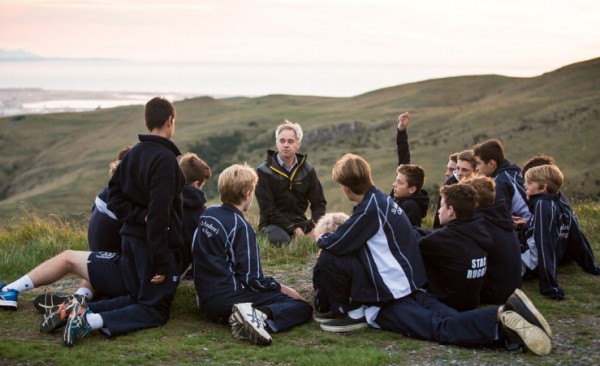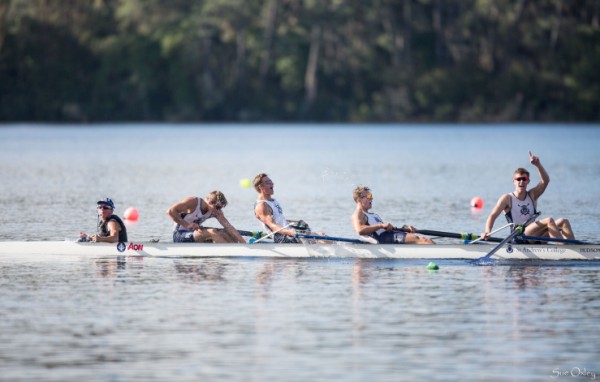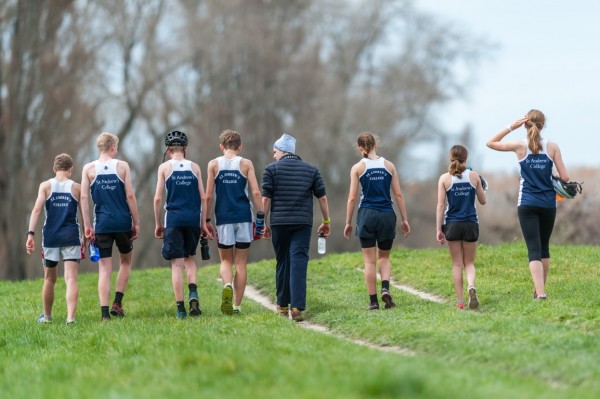
You are logged in as
Logout
You are logged in as
Logout
We hear a lot about building resilience in our young people. We know that resilience, the ability to bounce back from adversity, is an essential element for well-being and goal attainment. It is inevitable that whilst at school (and beyond) students will navigate setbacks, disappointments and uncertainty. In his latest book 21 Lessons for the 21st Century, Yuval Noah Harari emphasises that resilience will be vital in order to prepare students for a world where change is constant.

How do we build resilience?
Over the last year I have pondered the concept of resilience. It’s a complex term and is often oversimplified.
How do we help students build resilience and ‘bounce back’? How do parents build resilience in their children? What do we need to address in the curriculum?
An understanding of what well-being is, is an important start. You can read about the St Andrew’s College model for well-being here.


Karen Reivich, research associate in Positive Psychology from the University of Pennsylvania has conducted fascinating research related to resilience. Interestingly, she concludes the most important factor in promoting resilience is how we think about adversity, challenge and stress. It’s about our mindset – our thoughts.
After reading many of Reivich’s books and articles, this is the sentence that resonated most for me. I think it sums it up.
Resilient people believe they can directly influence the events that occur in their lives and translate their beliefs into actions – in other words, they believe they are the locus of control.
It’s all about hope (and hope isn’t an emotion or wishful thinking). Hope is a thought process that occurs when we have goals, pathways and agency. The action bit is central.

Yes, it makes sense. If you lack the ability to control what is happening in your life, or you believe you lack the ability, you will feel more stress when faced with an adversity. Put simply, people who are powerless (even if it is a matter of their beliefs) become victims, and victims get overwhelmed by stress. In contrast, people who take charge over the aspects of their lives that are controllable thrive, despite real life problems and difficulties.
At St Andrew’s we have clear pathways to help build resilience in our students (and we know that resilience can be taught).

These pathways are explicitly focused on in our tutor programme, Te Waka, Elite Sport, Health, Physical Education and Religious Education and are implicitly taught throughout the curriculum and co-curricular programme;
Have you thought about the concept of resilience? What factors do you think are most important in your life in helping you bounce back?
Kerry Larby, Head of Well-being and Positive Education